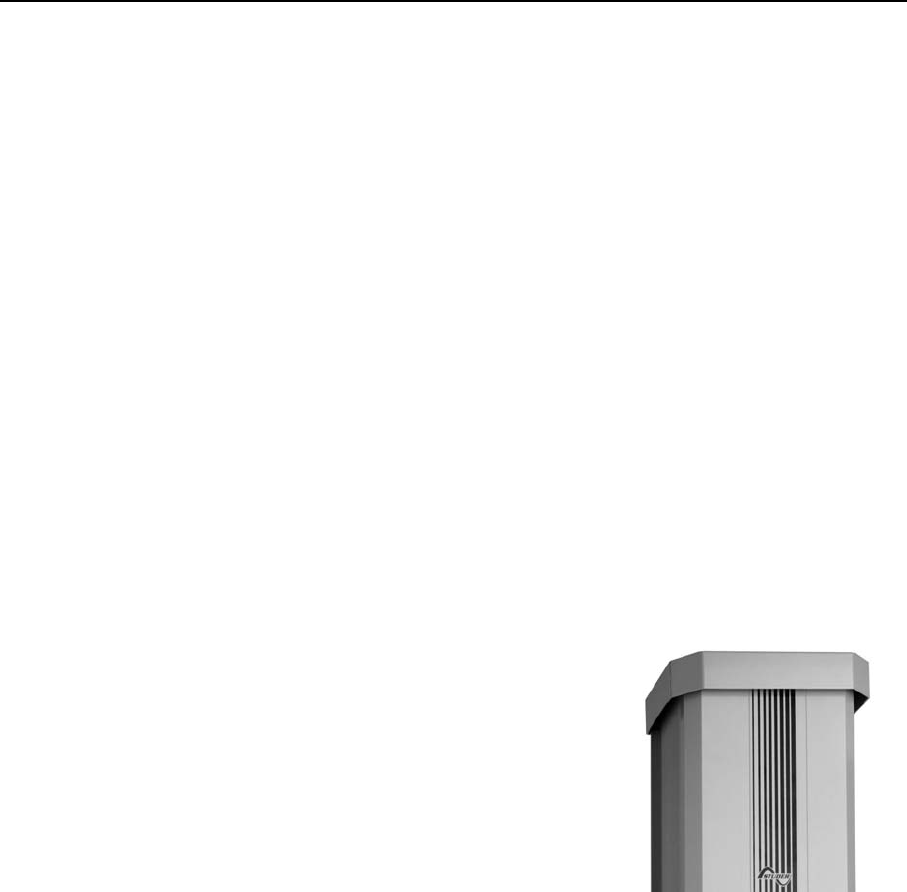
STUDER INNOTEC XP-COMPACT
XP-COMPACT V5.4 10/77
3 Mounting and installing
3.1 Installation place
The location of the XP-COMPACT must be driven by the following criteria:
− Protection from unauthorized handling
− Dry dust free room, no condensation
− Never install directly over the battery and never in a cabinet together with the
batteries
− Keep ventilation holes free
− In mobile installations it is important to keep the vibrations down as low as
possible
3.2 Fixing
3.2.1 Fixing the XP-COMPACT
Basically the XP-COMPACT can be installed in any desired location. Preferred is that
the appliance be wall mounted with battery cables downwards. The XP-COMPACT is
fixed on the wall with four screws through the four holes (diameter 5.5mm) which are
accessible from the outside. In motor vehicles XP-COMPACT must be fixed on
vibrations reducing elements. The XP-COMPACT must not be fixed on a combustible
base, as the back of the casing can get hot and reach up to 80 degree Celsius.
3.2.2 Protection cover IP-23
This cover IP23 (Order ref. CIP-23) can be easily
installed after the fixation of the XP-COMPACT. For that
release a little the too screws down and more the tow up.
Then it’s possible to pass the IP 23 cover between the
XP-COMPACT and the wall. The cover must touch the
screws. Lock on the four screws, it’s ready.
3.3 Connections
3.3.1 General instructions on connecting
− The cable connection on the terminals AC INPUT / AC OUTPUT / 16A 230VAC
are carried out with a screwdriver Nr.1 and the connection on the SOLAR
terminal with a screwdriver Nr.2.
− The conductor cross section on the terminals AC INPUT / AC OUTPUT / 16A
230VAC of the connecting cable must be minimum 2.5mm2.
− All connecting cables and also the mounted battery cables, must be fixed with
strain relief clamps.
− The XP-COMPACT is delivered with battery cables already connected.
− The battery cables must never be extended. If the extension is unavoidable then
the conductor cross section must be elevated accordingly.
− To protect the battery cable, a fuse corresponding to the conductor cross
section must be fixed directly on to the battery.
− All cables must be tightly screwed in place. For safety, a yearly control is
recommended. In mobile installations control must be carried out more often.
− Connecting must be done by qualified personnel. Material such as cable,
connectors and distribution boxes, fuses etc. used in the installation must
comply with the respective valid low-voltage installation rules and regulations.


















